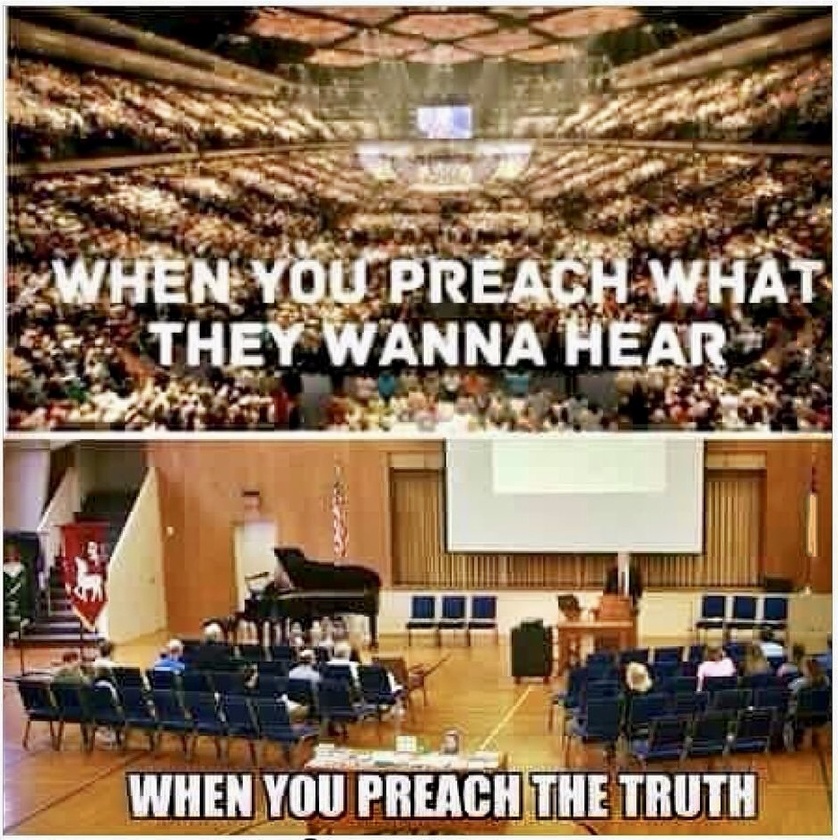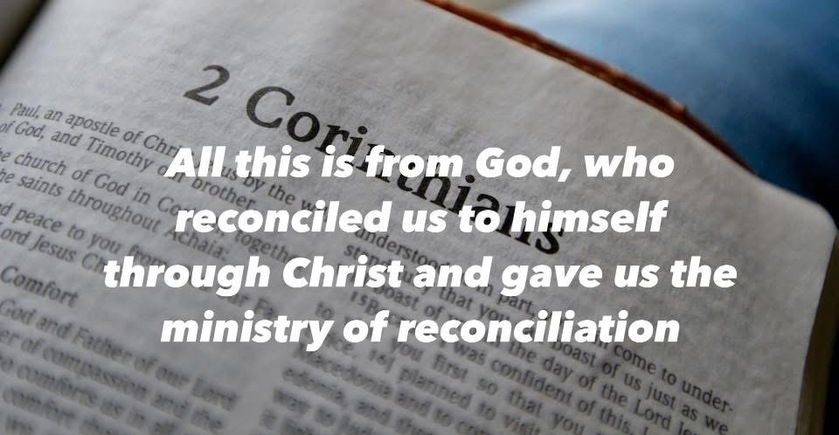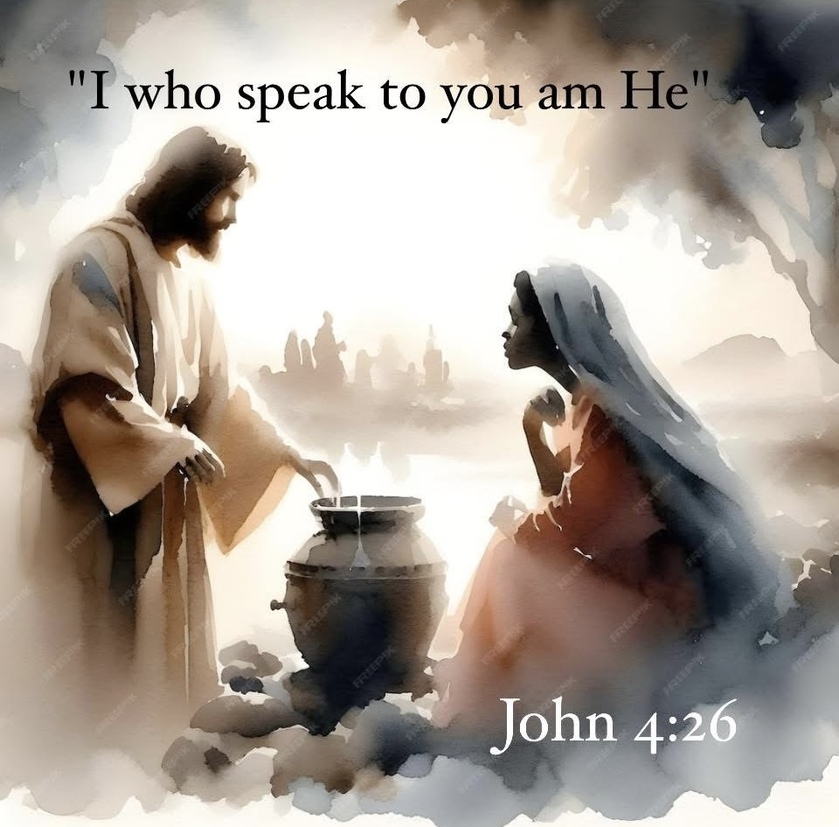The Only Credential That Ultimately Matters
1 Corinthians 9:1-2
"Am I not free? Am I not an apostle? Have I not seen Jesus our Lord? Are not you my workmanship in the Lord? If to others I am not an apostle, at least I am to you, for you are the seal of my apostleship in the Lord."
In the middle of a longer argument about rights, support, and Christian freedom (chapters 8–10), Paul pulls out his "apostolic credentials". He's turning the Corinthians themselves into Exhibit A of God’s endorsement of his ministry. Paul defends his right to receive financial support from churches, yet explains why he voluntarily chose not to use that right in Corinth. And Paul doesn’t point to miracles he’s currently doing in Corinth (though he did plenty elsewhere), because the super-apostles were apparently big on flashy signs. Instead he points to the transformed lives and the established church, the fruit that remains (John 15:16). In the ancient world a seal was an authenticating mark (like a signet ring pressed into wax). And these converted Corinthians themselves are Paul’s living "seal" or certification letter. In fact, later he'll use this same imagery in 2 Corinthians 3:2–3: "You are our letter…known and read by all men."
Paul doesn't want to be known as a spiritual mercenary.
He could have said:
"I spoke in tongues more than all of you" (he’ll say that later, sarcastically, in 14:18).
"I raised Eutychus from the dead" (Acts 20).
"Handkerchiefs from my body healed people" (Acts 19).
But he doesn’t.
Instead he points to these Corinthians, who were former idol-worshippers, sexually immoral, drunkards, swindlers (see 6:9–11), and he says, in effect:
"Look at what you used to be. Now look at what you are in Christ. That transformation is the signet ring of wax bearing my apostolic seal."
And the irony is thick, the very church that was questioning his credentials is the strongest evidence that his credentials are legitimate. The more he does among them the more they're evidence of his authority. And the more he refuses to let the gospel look like a product he’s peddling for profit, the more he becomes free from any claim that he is guilty of some imagined crime against the gospel.
What is this "Super-Apostle" celebrity model (the thing Paul refuses to imitate) in our modern context?
Ministry built on spectacle, personal branding, and visible proof of anointing. Private jets, 100,000-seat crusades, verified "miracle services," Instagram stories of people being healed the moment the man of God lays hands on them. Among these people, financial support is not only accepted but aggressively taught as the pathway to blessing ("sow a $91 seed for Psalm 91 protection" ). Credentials = crowd size, media reach, book sales, how many pastors call you "Apostle" or "Papa".
The road less traveled today, the Paul model:
Leaders who deliberately limit their rights and visibility so the gospel remains free and unimpeded. The missionary who has planted 40 churches in a restricted nation and still supports himself by remote freelance coding or teaching English online. The megachurch pastor in South Korea or Nigeria who quietly takes only the average salary of his congregants. The American church planter who waits tables three nights a week because he refuses to guilt people into giving. The Bible translator living at local wage level in an unreached village for 25 years with almost no social-media presence.
Their "seal" is the same as Paul’s, clusters of disciples who are growing in holiness, generosity, and mission, often in places where no one is live-streaming it.
The Corinthian Church Today:
They are the consumer church that judges a minister or ministry the way the Corinthians did. They evaluate apostleship by outward flash instead of transformed lives. A 10,000-member church. Hundreds and thousands of years of historical traditions. Grand cathedrals. Relics and ancient art and furniture Preachers who have a jet. God is clearly blessing them.
Paul’s point lands like a hammer on all of us:
The ultimate modern parallel to "you are the seal of my apostleship" is not how many followers a leader has, but whether the people who have sat under their ministry for five or ten years are noticeably more like Jesus. And whether they themselves are planting churches and making disciples who plant churches.
Fact of the matter is, whenever we demand either flashy proof or ascetic proof before we’ll acknowledge someone’s ministry as valid, we are acting exactly like the Corinthians.
Closing Prayer:
Lord, make us living letters, plainly read by everyone we meet. And give us grace to recognize Your true apostles not by their platform, but by the quiet, stubborn fruit of transformed lives. In Christ's Holy name, Amen.




















